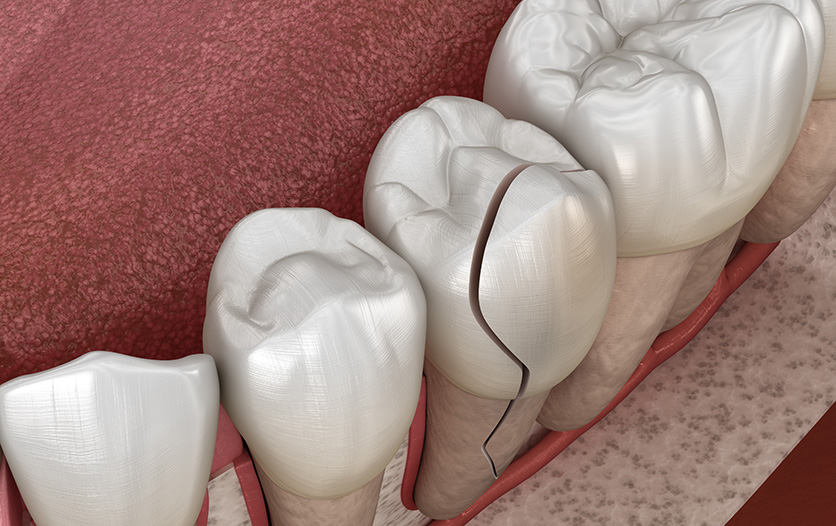
Dental Bonding vs Porcelain Veneers: What You Should Know
What is Dental Bonding?
Dental bonding is a procedure where the dentist applies a resin directly to the affected tooth. This resin is then hardened with a special light or laser and becomes bonded to the natural tooth. This procedure is used generally to repair discolored, chipped, cracked, or decayed, or cracked teeth. Bonding can also be used to change the shape of a tooth or close any gaps between teeth. It is a relatively quick procedure which is typically used for small cosmetic procedures and, unless a cavity is involved, anesthesia is generally not required.
What Are Porcelain Veneers?
Porcelain veneers are thin shells that are permanently bonded to the front surface of teeth to improve their appearance. Like bonding, veneers can be used to repair chipped, cracked, broken, discolored teeth or to even change the shape of a tooth. Only one veneer may be required in the case of a chipped tooth, or multiple veneers may be needed. This may occur when making a tooth larger, for example. The veneer procedure typically begins with grinding down, or perhaps even removing some of the tooth. This prep work is required so the veneer is placed and bonded properly. Unlike dental bonding, this procedure typically requires a local anesthetic.
Which Procedure is Right for Me?
The short answer is….it depends. Both procedures are considered cosmetic dental procedures. Cosmetic procedures aren’t always fully covered by insurance, so if cost is a factor, teeth bonding is the least expensive option. However, bonding does not have the same longevity as veneers. Bonded teeth do not resist staining well nor do they have the same strength as natural teeth. So, if you like to chew ice or other hard foods, for example, the bonding material may break. Also, if you like to drink coffee or red wine, your bonding material will stain more quickly and need replacement sooner. Dental bonding resin can last anywhere from 3-10 years, but that timeline is largely dependent upon your lifestyle. Veneers are more expensive, but they have greater impact in improving the overall appearance of your teeth, offering a brighter and more symmetrical smile. Veneers typically last longer too. Porcelain is highly stain -resistant and the strength of veneers is similar to natural teeth. They can last over a decade, depending upon your lifestyle and overall oral habits.
At Evers Dental, our mission is to offer quality dental care to all our patients. We do this by listening to our patients concerns and honoring each customer’s individual needs. We use the latest technology and finest materials available. We are happy to provide more information and answer any questions you may have. Schedule a consultation today.




